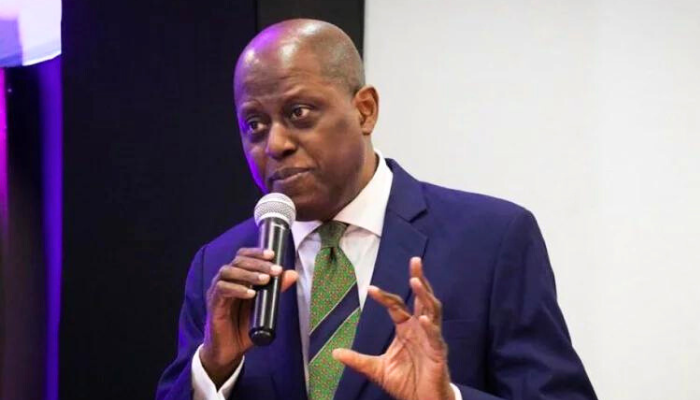What’s Happening?
Nigeria’s Central Bank (CBN) has officially approved the nationwide rollout of open banking, with banks and regulated financial institutions required to begin secure data sharing by August 2025. This move positions Nigeria as the first country in Africa to operationalize open banking, four years after the initial regulatory framework was introduced
With this approval, Nigerian bank customers will soon have the ability to grant consent for their financial data-such as account balances, transaction histories, and spending patterns-to be accessed by authorized institutions. In some cases, customers can even allow third parties to initiate transactions on their behalf. The process will be powered by standardized APIs, ensuring secure and consistent data exchange across the financial sector. A central registry will authenticate all participants, while a robust consent management system, linked to Bank Verification Numbers (BVNs), will give customers granular control over who accesses their information and for what purpose.
Nigeria’s Open Banking Journey: Overcoming Hurdles and Setting Precedents
The path to open banking in Nigeria has not been without challenges. Initial plans to centralize the system under the Nigerian Interbank Settlement System (NIBSS) faced resistance from industry stakeholders. Responding to these concerns, the CBN revised its approach, establishing independent oversight committees led by professionals from various financial institutions, rather than direct CBN control. This collaborative governance structure is designed to ensure transparency, security, and industry-wide trust in the open banking ecosystem
Why Open Banking Matters: Transforming Access to Credit and Financial Products
Open banking is poised to reshape Nigeria’s financial landscape by unlocking access to the banking data of over 120 million customers. This data will empower financial institutions to design innovative services and address longstanding gaps in the market
A key area of impact is lending. Currently, only about 30% of bank account holders in Nigeria have access to formal credit, with many relying on fintech lenders that operate with limited data-often resulting in high-risk loans and aggressive recovery tactics. With open banking, lenders can access comprehensive transaction histories and spending patterns, enabling more accurate credit assessments and the development of reliable credit scoring systems. This data-driven approach will pave the way for more personalized financial products and greater financial inclusion for millions of Nigerians
What This Means for You
If you’re a bank customer, fintech user, or entrepreneur in Nigeria, open banking will soon give you more control over your financial data and how it’s used. Expect a wave of new, tailored financial products and easier access to credit as banks and fintechs leverage richer data insights.



